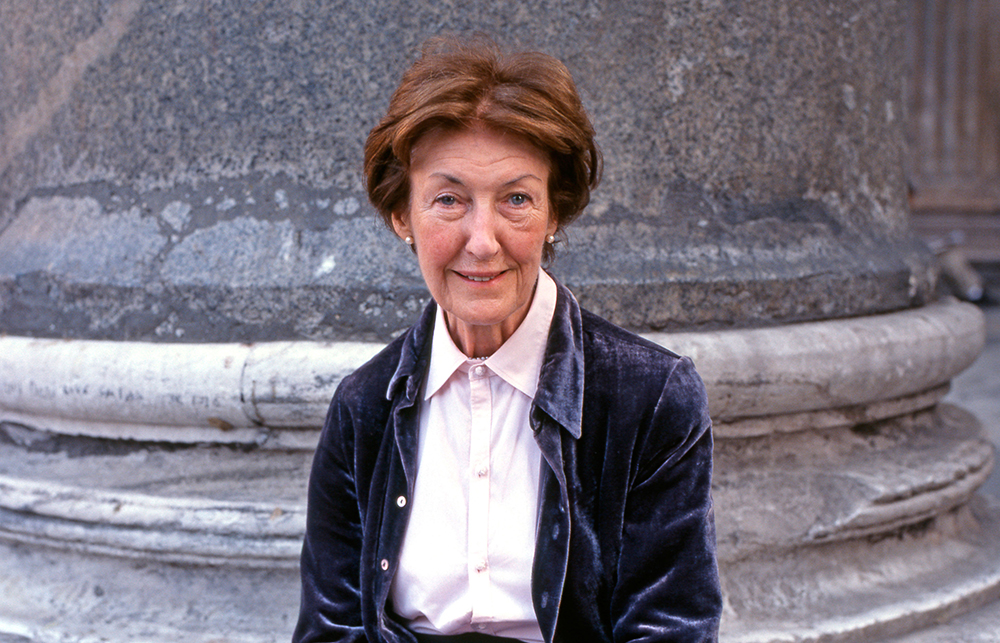Shirley Hazzard’s ‘untimeliness’ is a recurrent aspect in most descriptions of her, both the writing and the person. She came to represent ‘a vanished age of civility’: there is something Victorian about her novels, despite the last of them, The Great Fire, being published in 2003, by which time she was starting to resemble ‘an exotic bird blown off course’.
This first biography, by Brigitta Olubas, an academic who has already written a monograph on Hazzard and edited her collected short stories, gives us a portrait of the self-created artist throwing off the ‘suffocating gentility’ of postwar life in her native Australia, its ‘tyranny of distance’ from what she saw as the swim of things, the permanent elsewhere, and seeking a life of books and worldly high culture. Her parents were both British imports, Welsh Reg and Scottish Kit, who met while working on the construction of Sydney Harbour Bridge. Hazzard’s own life, especially in its early, striving years, would involve regular attempts to traverse seemingly impossible divides.
She would later argue with W.H. Auden himself that poetry can make something happen. In her case, a love of Giacomo Leopardi’s poetry seduced her into learning Italian in order to read him in the original. Were it not for this, and Hazzard’s realisation that ‘I would have to rescue myself’, she might have continued to work in offices such as those in which she found employment at the UN in New York, having previously dabbled in a little ‘rudimentary intelligence’ as a teenager in Hong Kong.
Hong Kong had once offered Hazzard her first glance at cosmopolitanism, the family having followed the diplomat Reg overseas immediately after the second world war. Equally formatively, she met Alec Vedeniapine there, the first great love of her life and later the inspiration for the sweeping melodrama The Great Fire, published more than 50 years after he ended their (unconsummated) relationship.








Comments
Join the debate for just £1 a month
Be part of the conversation with other Spectator readers by getting your first three months for £3.
UNLOCK ACCESS Just £1 a monthAlready a subscriber? Log in